News
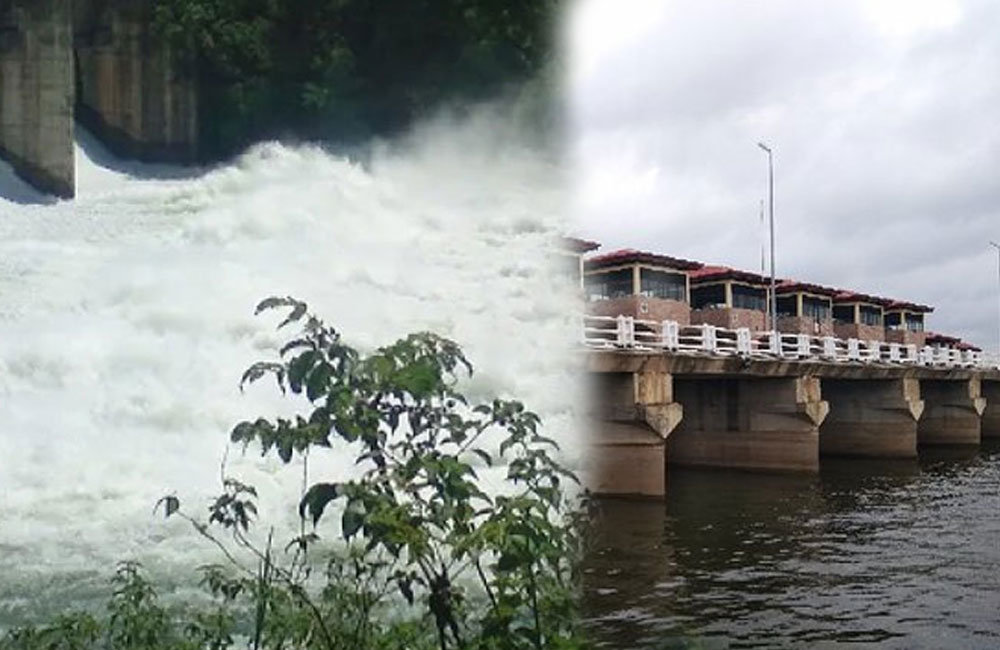
Eight Spill Gates Opened at Deduru Oya Reservoir After Heavy Rain
The Department of Irrigation has announced that eight spill gates at the Deduru Oya reservoir have been opened in response to heavy rainfall across the catchment region. According to the Wariyapola Divisional Irrigation Office, four of the gates have been lifted by 12 feet each, while the remaining four have been raised by 13 feet.
This adjustment has resulted in a combined water discharge of 69,000 cubic feet per second. Authorities are closely monitoring downstream conditions as water levels continue to rise.
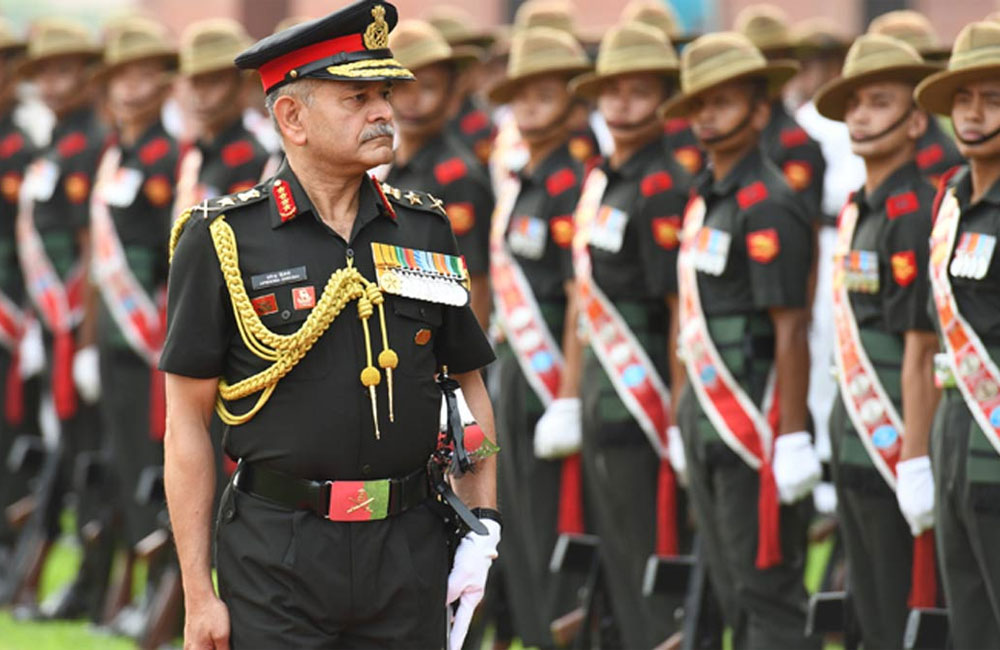
Sri Lanka Caught in Power Crossroads as India Steps up Military Diplomacy
India’s Chief of Army Staff, General Upendra Dwivedi, will arrive in Sri Lanka on December 1 for a two-day official visit that comes at a decisive geopolitical moment for the island—one in which Colombo is simultaneously deepening defence ties with the United States, expanding commercial cooperation with China, and attempting to maintain strategic balance in a competitive Indo-Pacific landscape.
The Indian Army described the visit as a reaffirmation of New Delhi’s Neighbourhood First policy, signalling greater commitment to stability, capability-building, and military cooperation with Sri Lanka. But the timing also reflects India’s strategic urgency as the island strengthens multiple foreign partnerships that could reshape regional influence networks.
A Visit Driven by Regional Power Calculus
Military officials in New Delhi say General Dwivedi’s mission goes beyond ceremonial goodwill. His agenda includes reviewing bilateral defence cooperation, assessing Sri Lanka’s evolving security requirements, and expanding Army-to-Army collaboration through training, joint exercises, and intelligence-sharing.
These initiatives are part of India’s broader goal of countering growing strategic competition, particularly China’s expanding footprint along the Indian Ocean littoral.
Sri Lanka’s position along critical maritime routes makes its partnerships central to India’s security doctrine. The Indian Ocean Region (IOR) has become the arena of a widening geopolitical contest, with major powers positioning themselves for influence.
General Dwivedi is expected to discuss defence technology transfers, joint maritime surveillance, and ways to tighten cooperation against transnational threats such as illegal fishing, smuggling networks, and grey-zone maritime activities.
US Defence Pact Adds another Layer of Complexity
The visit comes months after Colombo entered a new defence pact with the United States under the State Partnership Program (SPP), marking the most significant upgrade in US–Sri Lanka military cooperation in recent years.
Washington sees Sri Lanka as a strategic node in its Indo-Pacific security architecture, and the pact includes joint training, disaster-response support, improved maritime domain awareness, and logistical coordination.
For India, a long-standing US strategic partner, the pact is not necessarily a threat but it signals that Washington is moving to deepen its presence in Sri Lanka at a time when New Delhi wants to maintain primacy in its immediate neighbourhood.
China’s Expanding Commercial Grip Raises Alarm in New Delhi
Adding to the complexity is Sri Lanka’s renewed push to strengthen commercial ties with China, including fresh investments linked to the Hambantota Port, logistics hubs, and industrial zones. While Colombo frames these partnerships as economic necessities, New Delhi views China’s expanding commercial and infrastructure presence as dual-use assets that could potentially shift regional power equations.
Balancing Act for Colombo
General Dwivedi’s visit seeks to ensure that India remains Sri Lanka’s closest and most dependable defence partner amid growing competition from Washington and Beijing. For Colombo, the challenge remains navigating tight geopolitical corridors leveraging partnerships for economic recovery and security modernisation while avoiding entanglement in great-power rivalry.
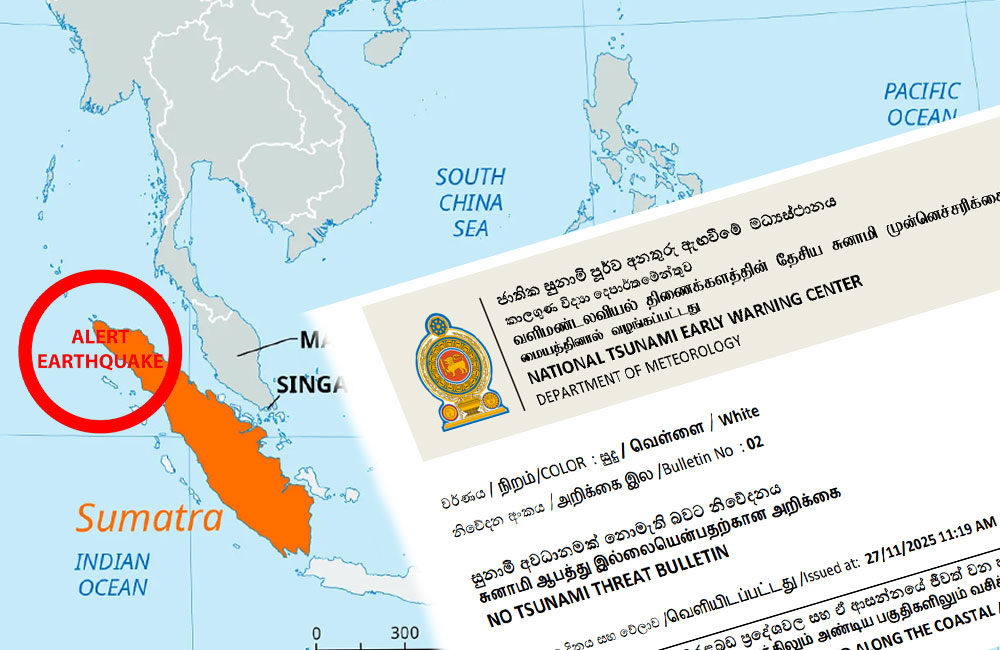
Sri Lanka on alert after quake off Northern Sumatra
A powerful earthquake measuring 6.6 on the Richter scale struck the Indian Ocean off Northern Sumatra, Indonesia, at 10.26 a.m. today (27), the National Tsunami Early Warning Center of the Meteorology Department said.
According to the Earthquake Information Bulletin, the quake occurred at a depth of 25 km and was pinpointed at latitude 2.68°N and longitude 96.07°E.
Although no tsunami warning has been issued for Sri Lanka at this time, authorities have urged coastal residents to remain vigilant for further updates.
A 6.6 magnitude earthquake struck off western Indonesia's Sumatra Island on Thursday, the US Geological Survey (USGS) said.
The quake struck at 4.56 am, with a depth of 25.4 kilometers (15.7 miles), 45 km (27.9 miles) west-northwest of Sinabang town on the east coast of Simeulue Island.
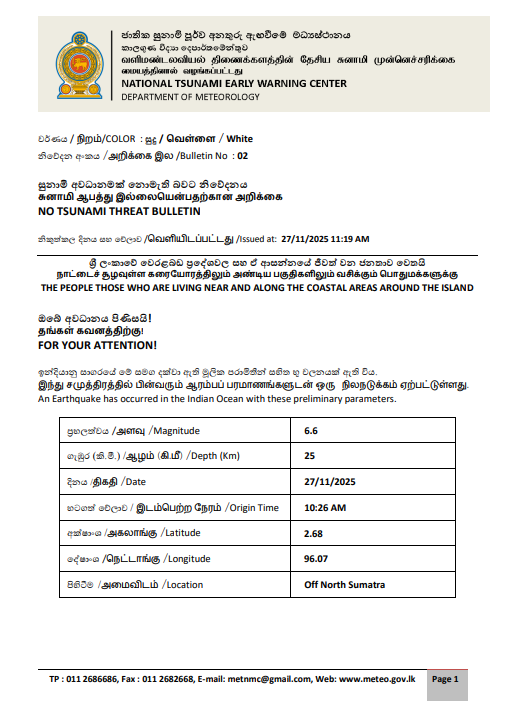 https://meteo.gov.lk/
https://meteo.gov.lk/
(Source - Dailymirror)

Sri Lanka’s High-Grade Mineral Sands Project Nears Breakthrough Phase
Capital Metals PLC is entering a decisive phase as it moves toward the Final Investment Decision (FID) on its flagship Taprobane Minerals Projectan exceptionally high-grade mineral sands venture.
It is poised to become one of Sri Lanka’s most economically significant resource developments. Executive Chairman Greg Martyr said describing the deposit as “one of the highest-grade undeveloped mineral sands projects in the world,” with construction expected to begin in early 2026 following regulatory approvals targeted by the end of 2025.
The Taprobane Minerals Project, formerly known as the Eastern Minerals Project, is located on Sri Lanka’s eastern coastline in the Ampara District, Eastern Province.
The deposit stretches along a coastal belt close to the towns of Pottuvil and Akkaraipattu, placing it near key road networks and export-friendly deep-water ports. This strategic positioning adds commercial value while improving the logistics of future production.
At the heart of the project’s appeal is its exceptional resource quality. The company’s latest assessments show an average grade of 17.2% total heavy mineral content, more than three times the global industry average of below 5%.
Capital Metals discards anything under 5% material that most global operators treat as ore underscoring its geological advantage.
Recent drilling has uncovered zones with grades reaching 60%, while exploration success to the west has tripled the initial mining area, supporting plans to reduce the cutoff grade from 5% to 2%. This will significantly expand the mineable resource while maintaining its high commercial value.
The project targets four key commodities ilmenite, rutile, zircon and garnet widely used in paints, ceramics, inks and industrial applications.
Extraction involves simple surface mining with no blasting, chemicals or deep excavation. Sand is mixed with water, processed through gravity-based spiral plants and immediately rehabilitated, allowing the land to be restored almost instantly.
This low-impact profile supports the global shift toward ESG-aligned mining practices.Capital Metals’ phased development strategy keeps upfront capital low. An initial US$25 million investment is expected to generate US$35–40 million in annual revenue at sub-US$20 million operating costs.
The total project requires US$80 million, and despite higher taxes and royalties introduced in Sri Lanka, updated modelling shows a strong NPV of US$180 million.
Local partnerships are central to navigating regulatory complexities. Ambeon Capital’s US$4 million investment for a 20% stake has strengthened the company’s domestic presence, supported by board member and former Sri Lankan cricket Vice captain Aravinda de Silva, now an influential investment professional.
The firm currently holds the only mineral-sands mining licence in the country and awaits two further approvals licence expansion and export clearance.
The project’s potential and favourable economics were highlighted at a recent promotional event hosted by the Sri Lankan High Commission in London.
Officials emphasised improving macroeconomic indicators, policy reforms and an upcoming Investment Protection Act aimed at strengthening investor confidence.
With first production targeted for early 2027, Capital Metals argues that the Taprobane project represents a rare opportunity: a high-grade, low-cost, strategically located mineral asset trading at a market value well below its economic potential.
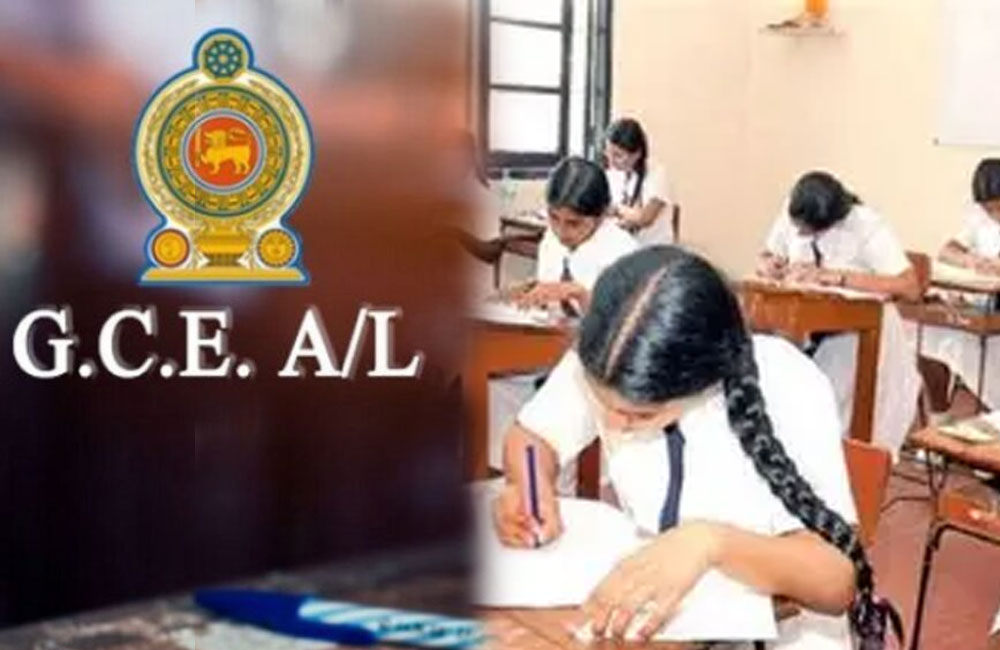
A/L Exams Postponed for Three Days Amid Severe Weather
The Commissioner General of Examinations, AKS Indika Kumari Liyanage, has announced that the 2025 G.C.E. Advanced Level examinations scheduled for today (27), tomorrow (28), and Saturday (29) will not take place as planned. The exams have been rescheduled for December 7, 8, and 9.
According to the Department of Examinations, the decision was made in response to the widespread disruptions and risks posed by the ongoing adverse weather conditions, which have created a disaster situation in several parts of the country. Authorities emphasized that the postponement aims to safeguard students and ensure fair access to examination centers.
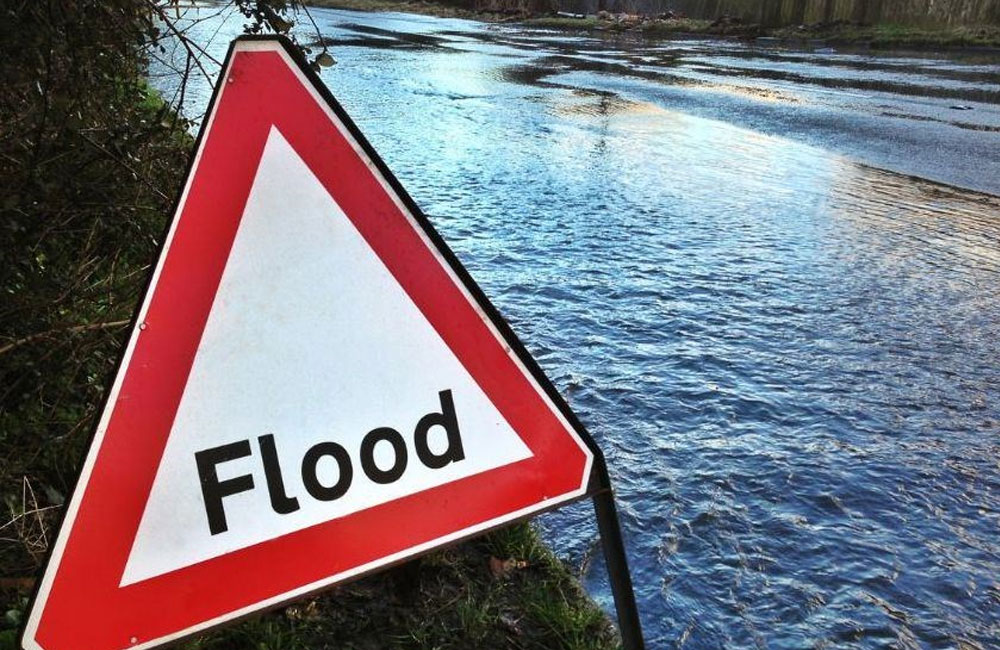
Major Flood Alert Extended for Deduru Oya Basin Communities
The Department of Irrigation has issued an extended major flood alert for communities living in low-lying zones along the Deduru Oya Basin. The warning follows substantial rainfall recorded in the upper and middle catchments over the past 24 hours, which has increased the reservoir’s outflow. Spill gates at the Deduru Oya Reservoir are currently releasing water at an estimated rate of 33,000 cubic feet per second, heightening the possibility of flooding downstream.Based on recent observations and water-level readings, the Divisional Secretariat areas of Wariyapola, Nikaweratiya, Mahawewa, Kobeigane, Bingiriya, Pallama, Halawatha, Arachchikattuwa, and Rasnayakapura have been identified as potentially affected zones.
The flood warning first issued under Notification No. 01 at 6:30 a.m. on November 23, 2025, has now been extended for an additional 48 hours.
Authorities advise residents in these areas-and motorists travelling through them-to exercise maximum caution. Disaster management agencies have also been urged to implement appropriate preparedness and response measures.

Fake Securities Firms Exploit Investors with Misleading Operations
The Securities and Exchange Commission of Sri Lanka (SEC) has issued a stark warning to investors regarding the operations of Blue Ocean Securities Ltd., highlighting a growing trend of fraudulent securities companies that target unsuspecting individuals with sophisticated, yet illicit, schemes. According to the SEC, Blue Ocean Securities is not licensed to trade in securities in Sri Lanka and has no legal authority to act on behalf of investors.
Investigations revealed that the company’s Chief Analyst and assistant are unregistered investment advisors, raising further red flags. International verification also confirmed that Blue Ocean Securities Ltd. is not authorised or regulated by the UK Financial Conduct Authority (FCA), underscoring the global dimension of its deceptive operations.
The modus operandi of such fake securities firms typically involves aggressive solicitation through social media channels, WhatsApp groups, and other online platforms, luring investors with promises of high returns. They often create the appearance of legitimacy by mimicking the branding and websites of established financial institutions, sometimes even claiming fictitious international affiliations to gain credibility.
Regulators warn that investors who engage with these entities risk losing their capital, as there is no regulatory oversight or investor protection mechanism. The SEC is actively coordinating with law enforcement authorities to investigate the company’s operations and prevent further victimization.
The SEC has advised the public to exercise extreme caution: do not deposit money, share personal banking information, or join online groups associated with unlicensed firms. Investors are encouraged to only transact with licenced stockbrokers, ensure they have a CDS account, and verify credentials through official channels such as the SEC website or the Colombo Stock Exchange.
Analysts warn that the rise of such fake securities companies represents a significant threat to financial market integrity, eroding public trust in the capital markets. They emphasize that heightened investor awareness, due diligence, and regulatory vigilance are key to combating this growing menace. By sharing scam alerts widely, investors and media outlets can help reduce exposure to fraudulent schemes and protect the integrity of Sri Lanka’s securities sector.
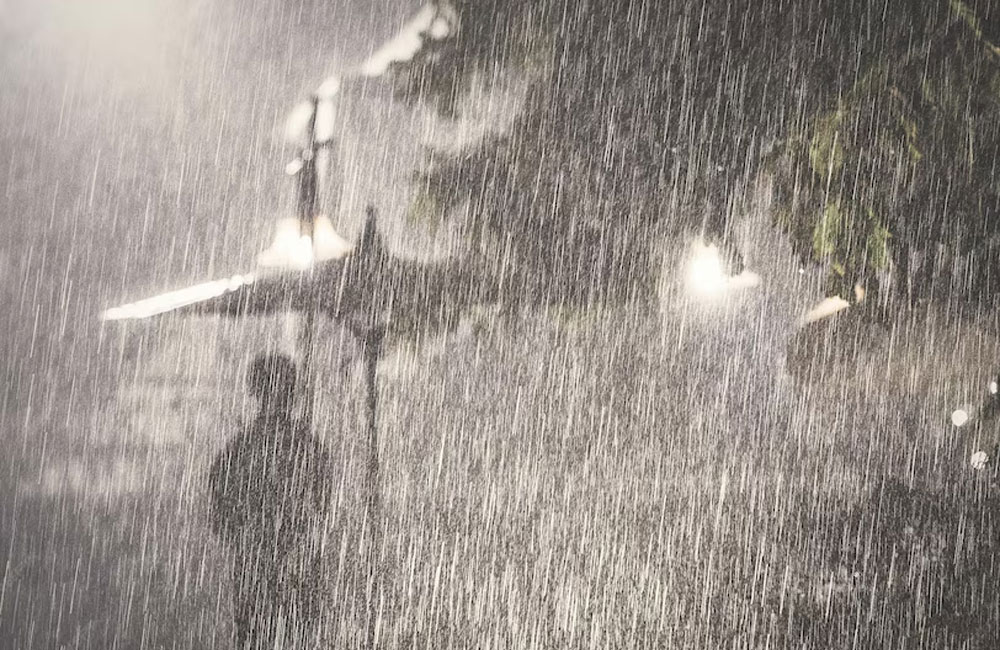
Widespread Severe Rainfall and Strong Winds Forecast Across Sri Lanka Today
The Department of Meteorology has issued an alert predicting significant rainfall across the country today, with certain regions expected to experience exceptionally heavy showers. Areas within the North-Central and North-Western provinces, as well as the Trincomalee District, may see rainfall surpassing 200 mm.
Meanwhile, parts of the Northern, Central, Sabaragamuwa, Uva, and Western provinces—and the districts of Galle, Matara, and Batticaloa—are likely to receive over 150 mm of rain. Other regions throughout the island could also face downpours exceeding 100 mm.In addition to the heavy showers, strong winds ranging between 60 and 70 kmph are expected to sweep across many areas.
The public has been advised to remain vigilant and take necessary safety measures to mitigate the impact of severe weather conditions.

Sri Lanka’s Export Engine Strengthens despite Mixed Global Market Signals
Sri Lanka’s export sector has continued its upward trajectory in 2025, demonstrating resilience in the face of global market volatility, tighter competition, and uneven demand across major economies.
According to the latest figures released by the Export Development Board (EDB), total exports for the first 10 months of the year reached $14.43 billion, reflecting a 6% year-on-year (YoY) increase, even as some monthly indicators showed stagnation.
EDB Chairman and CEO Mangala Wijesinghe attributed the performance to stronger export competitiveness, market diversification, and the ability of local exporters to adapt quickly to global disruptions.
 EDB Chairman and CEO Mangala Wijesinghe
EDB Chairman and CEO Mangala Wijesinghe
“Our exporters have once again proved their resilience and adaptability,” he said, noting that Sri Lanka’s integration into global trade continues to strengthen despite global uncertainties.
Growth Driven by Key Sectors
In October alone, total export earnings amounted to $1.47 billion, marking a modest YoY rise of 0.16%, although month-on-month performance remained flat. Merchandise exports grew by only 0.2% YoY to $1.15 billion, supported by gains in gems and jewellery, coconut-based products, electrical and electronics, and food and beverages.
From January to October, merchandise exports reached $11.37 billion, an increase of 6.53% YoY.
Sri Lanka’s services sector continued to play a crucial role, generating $316 million in October and $3.06 billion during the first 10 months a 4.01% YoY rise. The ICT/BPM industry, construction, logistics, financial services and transport sectors recorded steady, broad-based growth, underscoring the shift towards a more knowledge-driven export economy.
Sectoral and Market Highlights
Apparel and textiles, the country’s largest merchandise export sector, recorded a robust 5.56% YoY growth, reaching $4.44 billion for the 10-month period. Agriculture exports also performed strongly: tea exports rose 8.72% YoY to $1.28 billion, while coconut-based exports surged by 43.83% to $1.03 billion, benefiting from higher demand in Europe and the Middle East.
On the services front, transport and logistics grew 6.07%, while ICT/BPM rose 9.25%, together generating a combined $2.9 billion in the first eight months.
Shifting Global Markets
The United States remained Sri Lanka’s largest export destination, accounting for 23% of merchandise exports. While October exports to the US slipped 0.46% to $246 million, cumulative exports for the year grew 2.68% to nearly $2.5 billion.
India emerged as Sri Lanka’s second-largest export destination during the January–October period, with exports rising 19.31% to $866.9 million, driven by petroleum oils, animal feed and vegetable fats. Exports to the EU, which account for 24% of Sri Lanka’s merchandise exports, rose by 14.43% in October and 12.56% over the 10-month period.
Confident Outlook
The EDB maintains confidence that Sri Lanka is on track to meet its $19 billion export target for 2025. Projections indicate merchandise exports will reach $14 billion, while services exports are expected to expand to $4.2 billion, aligning with the country’s five-year plan to boost export earnings to $36 billion by 2030.
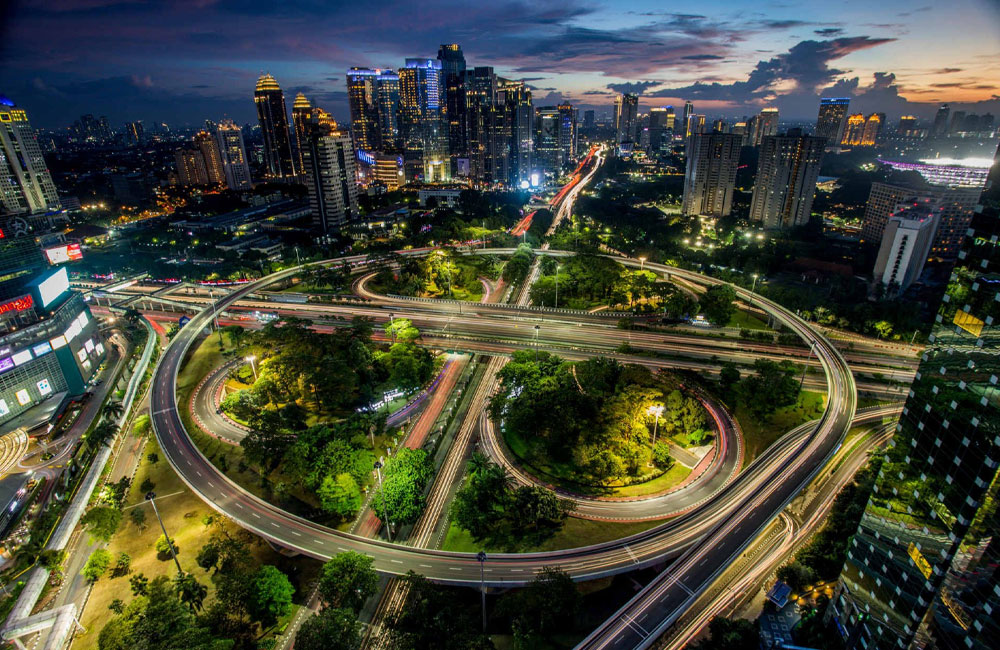
Jakarta overtakes Tokyo as world’s largest city, according to UN
Indonesia’s capital, Jakarta, is the world’s largest urban centre with a population of almost 42 million, according to new research by the United Nations.Tokyo was the largest city in the world in the year 2000, but slower population growth over the previous quarter of a century has meant it has now been surpassed by Jakarta and Bangladesh’s capital, Dhaka.The UN Department of Economic and Social Affairs’ Population Division found Jakarta and Dhaka, with its population of nearly 37 million people, now far exceeded Tokyo’s 33 million.
Dhaka is expected to become the world’s largest city by 2050, while Tokyo’s population is projected to decline over the next 25 years — reflecting Japan’s shrinking ageing population.
Nine of the 10 most populous cities on the planet are located in Asia, the report’s authors said, with Cairo in Egypt the only non-Asian city making the top 10.
Elisa Sutanudjaja, director of the Jakarta-based Rujak Centre for Urban Studies, said the report confirmed what urbanists already knew — that greater Jakarta’s population had exceeded that of Tokyo for years.The huge size of Jakarta’s population posed major challenges, she said, not least because of poor coordination between local governments.Jakartans routinely deal with extreme traffic congestion, pollution and flooding.
In response, Indonesia’s government announced in 2019 that it would move the capital city off the densely populated island of Java to Borneo.
But the project to build Nusantara, as the new administrative capital is named, is behind schedule and has struggled to attract investment.Urbanisation a ‘defining force of our time’Cities were home to 45 per cent of the world’s 8.2 billion people in 2025, up from just one in five people in 1950, according to the UN report.It found the number of megacities - those with a population more than 10 million -had quadrupled since 1975 from eight to 33.
Nineteen of the world’s megacities are located in Asia.
The UN report’s authors said that Kuala Lumpur, the capital city of Malaysia, would likely surpass the 10 million population mark by 2050 to become one of several additional megacities along with Addis Ababa, Ethiopia and Hajipur, India.Li Junhua, head of the UN Department of Economic and Social Affairs, said in a statement that “urbanisation is a defining force of our time”.
“When managed inclusively and strategically, it can unlock transformative pathways for climate action, economic growth, and social equity,” he said.
“To achieve balanced territorial development, countries must adopt integrated national policies that align housing, land use, mobility, and public services across urban and rural areas.”
( Source : adaderana.lk)

Death Toll from Severe Weather Rises to 31 Nationwide
The Disaster Management Centre (DMC) announced that the nationwide death toll resulting from the severe weather conditions since November 17 has risen to 31. In addition to the fatalities, officials confirmed that 10 people have sustained injuries, while 14 others are still unaccounted for.
The DMC further noted that over 4,000 individuals have been affected as heavy rain, flooding, and strong winds continue to disrupt daily life across multiple regions of the country. Authorities are continuing relief efforts and closely monitoring the worsening weather situation.
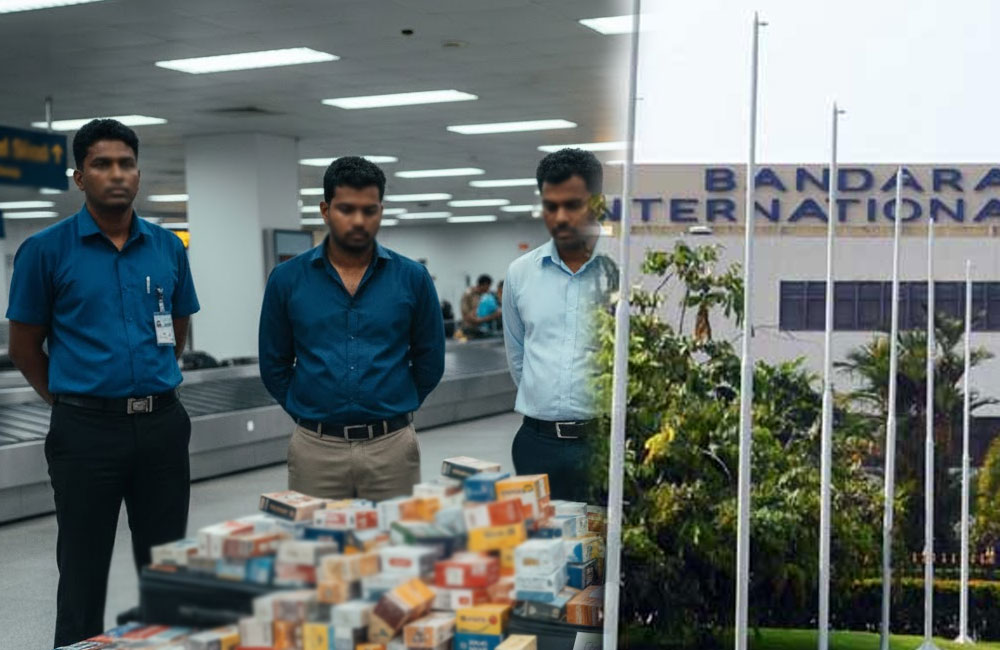
Three Passengers Held at BIA with Foreign Cigarettes Worth Rs. 17.8 Million
Police officers at the Bandaranaike International Airport (BIA) in Katunayake have taken three individuals into custody after uncovering a substantial quantity of foreign-made cigarettes valued at approximately Rs. 17.85 million.The suspects, all businessmen from Aluthgama, Yatiyanthota, and Mawanella, had flown into the country from Dubai. A detailed inspection of their baggage revealed 595 cartons holding a total of 119,000 cigarette sticks.
Following their arrest, the trio was presented before the Negombo Magistrate’s Court, where each was imposed a fine of Rs. 30,000.
Page 48 of 660